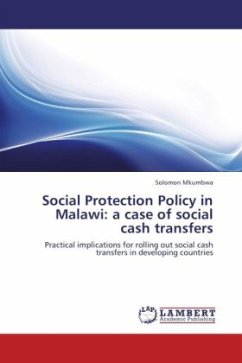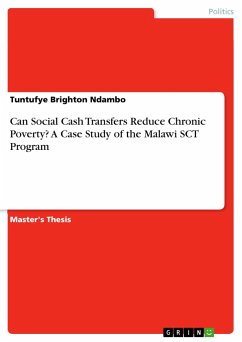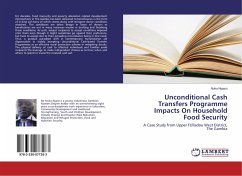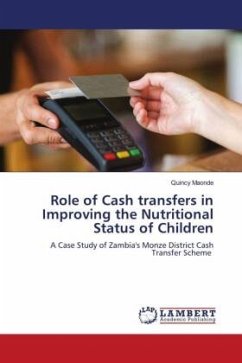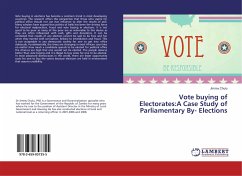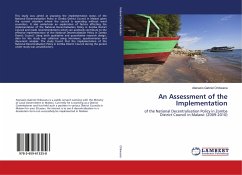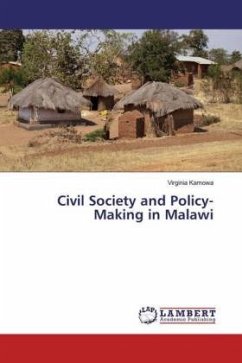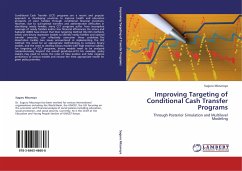Since independence in 1964, Malawi s social policies were universal, built in a socialist framework and delivered by the state in sectors such as education, health, food, water, housing, and energy. Following the weakening and/or dismantling in the late 1980s to early 1990s, of the heavy state apparatus and interventions in the provisioning of these social services, both poverty and vulnerability deepened and broadened. Under the advice and/or coercion of the World Bank and IMF, the down-sizing and closure of state operations were aimed at cutting public spending and enhancing government s ability to repay its bad debts so that it can borrow fresh ones. However, both the approach and speed at which these reforms ensued drove many able-bodied people into joblessness and poverty, and chronically poor into state of destitution. The book picks on the Amartya Sen s entitlement theory, to analyze the social and economic benefits of direct cash transfers vis-à-vis in-kind transfers in addressing the rising chronic poverty and vulnerability among both the able-bodied and labour-poor households. Two case studies from Malawi are used to demonstrate the field evidence.
